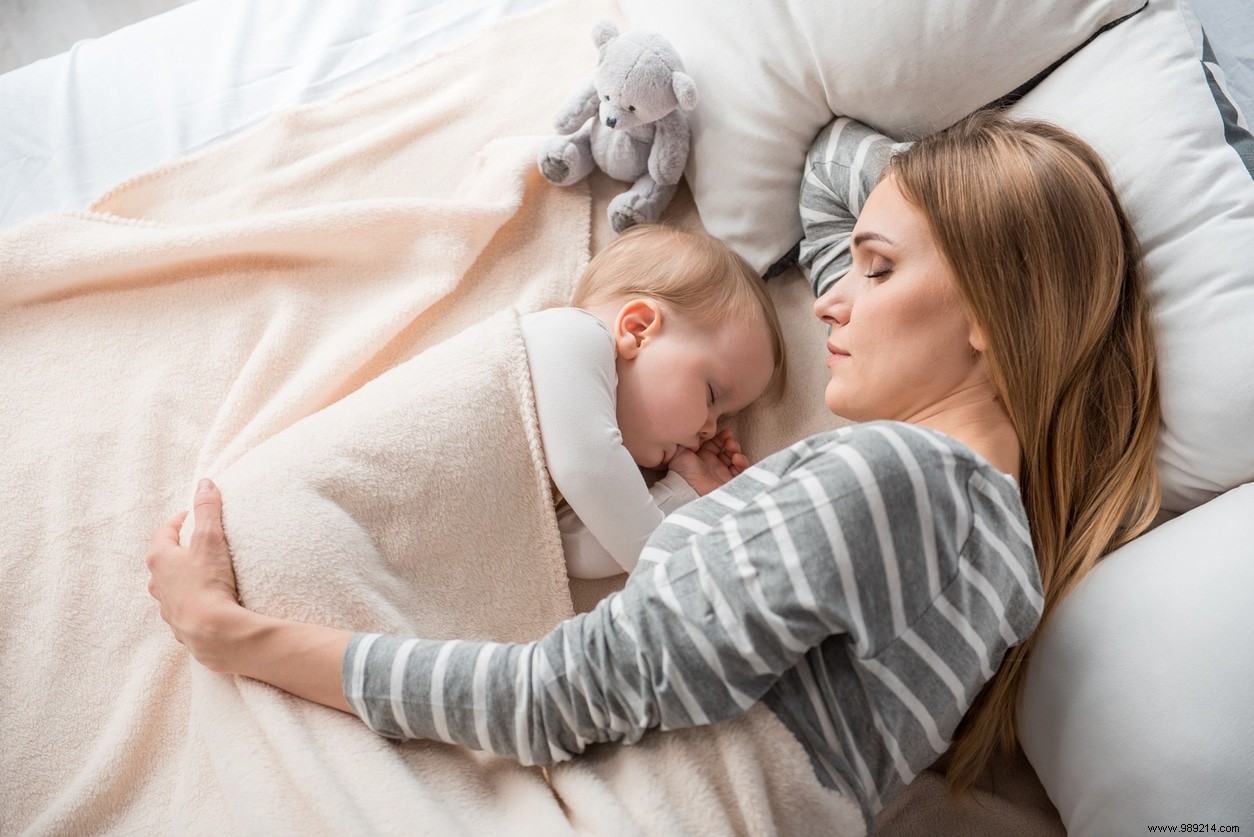According to a recent study, not sleeping alone would increase the quality of the nights. On the other hand, it all depends on the people sharing the bed.
Many people prefer to sleep alone , but most people share their bed with a lover or sometimes with other family members or a pet. A study published in the journal Sleep on May 25, 2022 and conducted by a team from the University of Arizona (United States) looked at the quality of sleep of people who sleep alone and those who, on the contrary, share their bed. For the purpose of the study, a thousand people living in the state of Pennsylvania answered an online questionnaire .
The questions included how often the volunteers shared their bed. It was also about knowing the type of partner , namely a lover or a lover, another member of the family, or even one or more children. Among the responses, participants could also indicate sleeping with a pet or sleeping alone.
According to the answers to all the questions, the volunteers who slept with a romantic partner had less problems with insomnia than the people who slept alone. Also, they fall asleep faster, have a longer sleep duration and therefore have shorter awake phases. The researchers also mention lower risks of sleep apnea.

Parents who share their bed with their children tend to see a decrease in the quality of their sleep . Indeed, they are exposed to greater insomnia, more fatigue and more frequent episodes of falling asleep during the day. As for people who sleep with another family member, the problems encountered are comparable, but less intense. Researchers also claim that people who sleep alone are more likely to have more serious depressive states . There are also less deep social relationships and generally a less satisfying life.
While the study results are largely in favor of sleeping with a romantic partner, these studies have biases . Indeed, the volunteers answered the online questionnaires freely by reporting their health problems, without any proof of diagnosis having been provided. In addition, the sample of volunteers is quite small and very localized. In other words, the results of this research are naturally to be taken with a grain of salt .